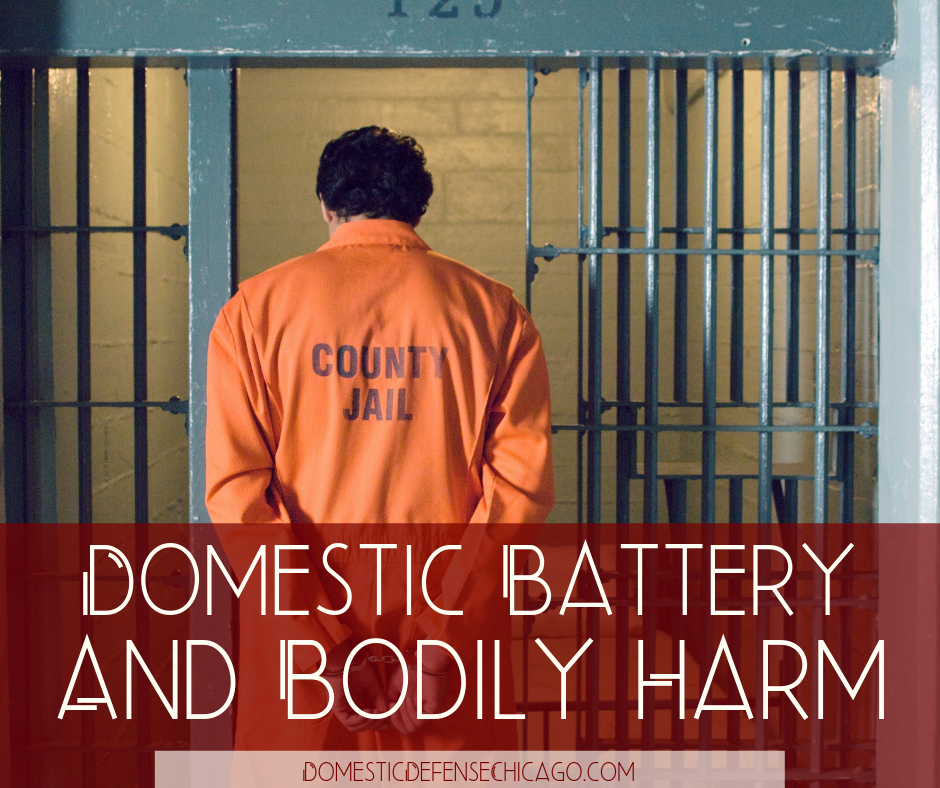Definition and Legal Framework

Domestic battery, a serious offense, involves the unlawful use of force against another person, often within a familial or intimate relationship. It’s crucial to understand the legal definition, elements, and penalties associated with this crime to protect yourself and others.
Legal Definition of Domestic Battery
Domestic battery is a crime that involves the intentional or reckless infliction of physical harm or offensive touching upon another person with whom the perpetrator has a domestic relationship. This relationship can include spouses, former spouses, cohabitants, dating partners, or family members. The legal definition of domestic battery varies slightly from state to state, but generally, it requires the following elements:
Elements of Domestic Battery
- Intentional or Reckless Act: The perpetrator must have acted intentionally or recklessly in causing harm to the victim. This means that they either intended to cause harm or knew that their actions could cause harm but acted with disregard for the consequences.
- Physical Harm or Offensive Touching: The perpetrator’s actions must have resulted in physical harm to the victim, such as a bruise, cut, or broken bone. Offensive touching, such as slapping, pushing, or grabbing, can also be considered domestic battery, even if no physical injury results.
- Domestic Relationship: The perpetrator and the victim must have a domestic relationship, such as being married, living together, or having a child together. The specific definition of a domestic relationship varies by state.
Examples of Domestic Battery
Domestic battery can manifest in various forms, including:
- Slapping, punching, or kicking: Any form of physical assault, even if it doesn’t cause serious injury, can constitute domestic battery.
- Pushing or shoving: These actions can also be considered domestic battery, especially if they result in the victim falling or being injured.
- Choking or strangling: These acts are particularly dangerous and can cause serious injury or death.
- Using a weapon: Domestic battery can involve the use of weapons, such as a knife, gun, or blunt object.
- Spitting or throwing objects: While these actions may seem less severe, they can still constitute domestic battery if they are intended to cause harm or fear.
Degrees of Domestic Battery and Penalties, What is domestic battery
Domestic battery charges are often categorized into different degrees, depending on the severity of the injury or the circumstances surrounding the offense. These degrees typically come with varying penalties, which can include:
- Misdemeanor Domestic Battery: This charge usually applies to cases involving minor injuries or offensive touching. Penalties for misdemeanor domestic battery can include fines, probation, community service, or even jail time.
- Felony Domestic Battery: This charge is reserved for cases involving serious injuries, the use of weapons, or repeated offenses. Penalties for felony domestic battery can be much more severe, including lengthy prison sentences.
Domestic Battery Laws Across Different States
Domestic battery laws vary from state to state, with differences in definitions, elements, and penalties. The following table provides a comparison of domestic battery laws in a few selected states:
| State | Definition | Elements | Penalties |
|—|—|—|—|
| California | “Any willful and unlawful use of force or violence upon the person of another.” | Intentional or reckless act, causing physical harm or offensive touching, domestic relationship | Misdemeanor: Up to 1 year in jail, $1,000 fine. Felony: Up to 4 years in prison, $10,000 fine |
| Texas | “An act by a family member against another family member that is intended to cause physical harm, injury, assault, or sexual assault, or a threat that places a family member in fear of imminent physical harm, injury, assault, or sexual assault.” | Intentional or reckless act, causing physical harm or offensive touching, domestic relationship | Misdemeanor: Up to 1 year in jail, $4,000 fine. Felony: Up to 20 years in prison, $10,000 fine |
| Florida | “Any actual and intentional touching or striking of the person of another, or any act which is intended or likely to cause any physical harm to another.” | Intentional or reckless act, causing physical harm or offensive touching, domestic relationship | Misdemeanor: Up to 1 year in jail, $1,000 fine. Felony: Up to 15 years in prison, $10,000 fine |
Consequences and Resources: What Is Domestic Battery

Getting caught for domestic battery can be a real bummer, man. It’s not just a slap on the wrist; it can have serious consequences that can impact your life in a big way. You could be facing jail time, fines, and even a criminal record that can make it hard to find a job or a place to live.
Legal Consequences of Domestic Battery Conviction
A domestic battery conviction can lead to a range of legal consequences, including:
- Jail time: The amount of time you could spend in jail depends on the severity of the offense and your criminal history. It can range from a few days to several years.
- Fines: You’ll also have to pay fines, which can add up to thousands of dollars.
- Protective orders: A judge can issue a protective order that prohibits you from contacting the victim or going near their home or workplace. Violating a protective order is a serious crime.
- Criminal record: A domestic battery conviction will stay on your record, which can make it difficult to find a job, get a loan, or even rent an apartment.
Impact of Domestic Battery on Child Custody Arrangements
Domestic battery can have a significant impact on child custody arrangements. If you’re convicted of domestic battery, the court may:
- Restrict your visitation rights: The court may limit your ability to see your children, or even prohibit you from having any contact with them.
- Award sole custody to the other parent: In some cases, the court may award sole custody of the children to the other parent, giving you no rights to see them.
- Order you to participate in counseling: The court may require you to participate in counseling to address your anger management issues and learn how to be a better parent.
Resources for Victims of Domestic Battery
If you or someone you know is a victim of domestic battery, there are many resources available to help. These resources can provide support, legal assistance, and counseling services.
- Shelters: Shelters provide safe and confidential housing for victims of domestic violence. They offer a range of services, including counseling, support groups, and legal assistance.
- Legal aid: Legal aid organizations provide free or low-cost legal services to victims of domestic violence. They can help you obtain a protective order, file for divorce, or navigate the criminal justice system.
- Counseling services: Counseling services can help victims of domestic violence cope with the emotional trauma of abuse. They can provide individual therapy, couples counseling, or support groups.
Statistics on Domestic Battery
Domestic battery is a serious problem that affects millions of people every year. Here are some statistics about domestic battery:
- Prevalence: According to the National Coalition Against Domestic Violence, one in four women and one in nine men will experience domestic violence in their lifetime.
- Impact on children: Children who witness domestic violence are at increased risk of developing emotional, behavioral, and academic problems.
- Economic cost: The economic cost of domestic violence is estimated to be billions of dollars each year, due to medical expenses, lost productivity, and criminal justice costs.
Resources for Victims of Domestic Battery
Here are some resources for victims of domestic battery:
- National Domestic Violence Hotline: 1-800-799-SAFE (7233) or www.thehotline.org
- National Coalition Against Domestic Violence: www.ncadv.org
- Love is Respect: www.loveisrespect.org